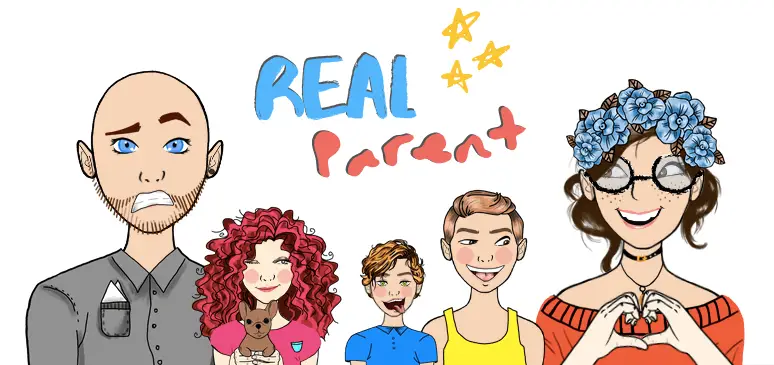Children are prone to many allergies.
From food allergies like gluten, cow’s milk protein and nuts, to dust and medicine.
Allergies often get better once your child reaches adulthood, but some are genetic and remain for life.
The Strain Of Allergies On Family Life
Allergies can put a large amount of strain on both your and your child’s daily life.
This can be due to the inability to carry out some daily activities without checking allergen information.
They can stop your child from enjoying certain activities with worry about the possibility of an allergic reaction.
Can An Allergic Child Lead A Normal Life?
There are many ways that you can help your child to live a normal life.
For instance, there is no reason why children with food allergies won’t be able to eat the same foods as other children.
There Are Many Restaurants That Cater For Food Allergies
Some even have separate menus for those with gluten or food allergies.
Although you may worry your child going to a school trip or birthday party, you should speak to the organizer or parent beforehand to discuss their dietary requirements.
Offering to take your own allergy-free alternatives for them to eat during the event will set everyone’s minds at rest.
Pet Allergies
In terms of pet allergies, you should try to find hypoallergenic breeds of animals.
You could also allow your children to invite their friends over to their house if dust and fur is a problem when visiting other houses.
Pollen Allergies
In terms of allergies such as hayfever and pollen, you could look for alternative activities indoors.
With many sports and playgrounds having alternatives away from exterior locations.
You should also try to arrange holidays around the worst seasons for your kid’s allergy.
How Do You Get Help?

If you suspect that your child has an allergy, you should immediately seek the advice of your local doctor or GP.
They can also prescribe treatment and medication for allergies and reactions, and tell you the best way to prevent them.
Allergies can be diagnosed through various methods.
Methods for diagnosing allergies can include patch tests.
This is where a small amount of the substance is applied to the skin, and the reaction is measured.
How Are Allergies Treated?
Treatment for allergies includes medication such as inhalers, nasal sprays or tablets.
These can help to prevent allergic reactions and adverse symptoms.
Children may also have to carry an epi-pen in case of a severe reaction.
This helps to open the lungs and narrow the blood vessels, alleviating the reaction.
However, many allergies are diet or avoidance controlled.
You should be aware of your child’s triggers and the best ways to prevent these.
How Can You Cope?
It is important when caring for your child’s allergies that you are able to make time for yourself as well.
Making sure that you are still able to do the activities that you previously enjoyed will help.
Socialise
You could arrange a meeting with friends or do your favourite activity while your child is at a friend’s house.
Care For Yourself
You should also make sure that you regularly practise some self-care to allow yourself to de-stress.
This could be such things as a relaxing bath, allowing yourself the time to enjoy a hobby, or a beauty regime.
Plan B
It’s always good to plan alternative activities and secondary plans for when your child is unable to go somewhere, or if they have a sudden reaction.
Remembering these tips will help lessen the stress on both you and your child, and allow you to have a good time alongside the allergy.
It’s really hard to deal with allergies, but in time, a child may grown out of them, or they could lessen in severity as they grow older.
Here’s our experience coping with my daughters cow’s milk protein allergy.
Good luck!
Last Updated on June 26, 2023 by Lucy Clarke



![No-Cook Playdough Recipe [Plus Bonus Tips On How To Make It Even More Fun]](https://i0.wp.com/www.realparent.co.uk/wp-content/uploads/2020/08/IMG_8360-2-150x150.jpg?resize=150%2C150&ssl=1)


